Serving 607 students in grades Kindergarten-12, Academy Of Math And Science ranks in the top 30% of all schools in Arizona for overall test scores (math proficiency is top 30%, and reading proficiency is top 30%).
The percentage of students achieving proficiency in math is 49% (which is higher than the Arizona state average of 35%). The percentage of students achieving proficiency in reading/language arts is 53% (which is higher than the Arizona state average of 40%).
Minority enrollment is 89% of the student body (majority Hispanic), which is higher than the Arizona state average of 66% (majority Hispanic).
Quick Stats (2025)
- School Type: Charter School
- Grades: Kindergarten-12
- Enrollment: 607 students
- Minority Enrollment: 89%
- Graduation Rate: ≥50%
- Overall Testing Rank: Top 30% in AZ
- Math Proficiency: 49% (Top 30%)
- Reading Proficiency: 53% (Top 30%)
- Science Proficiency: 40-44% (Top 20%)
- Source: National Center for Education Statistics (NCES), AZ Dept. of Education
Top Rankings
Academy Of Math And Science ranks among the top 20% of public schools in Arizona for:
Category
Attribute
Science Proficiency
School Overview
Academy Of Math And Science's student population of 607 students has grown by 14% over five school years.
School Type
Grades Offered
Grades Kindergarten-12
Total Students
607 students
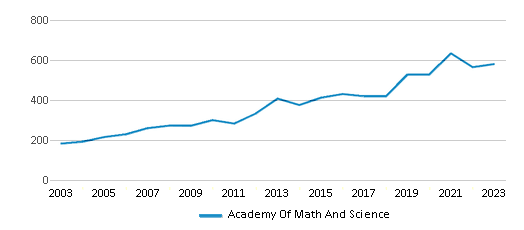
Gender %
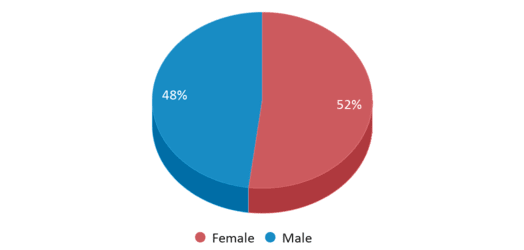
Total Classroom Teachers
n/a
Students by Grade
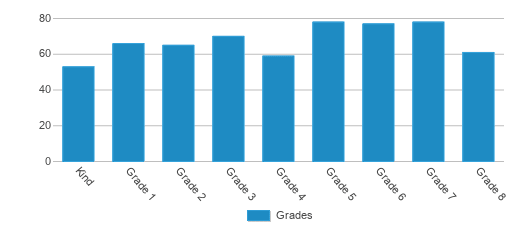
School Calendar
School Rankings
Academy Of Math And Science ranks within the top 30% of all 1,956 schools in Arizona (based off of combined math and reading proficiency testing data).
The diversity score of Academy Of Math And Science is 0.35, which is less than the diversity score at state average of 0.66. The school's diversity has stayed relatively flat over five school years.
Overall Testing Rank
#428 out of 1956 schools
(Top 30%)
(Top 30%)
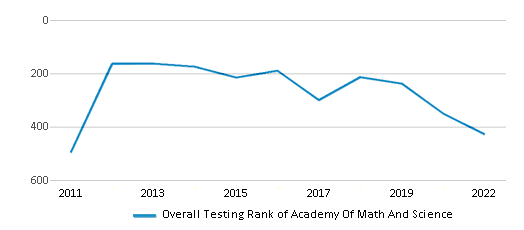
Math Test Scores (% Proficient)
49%
35%
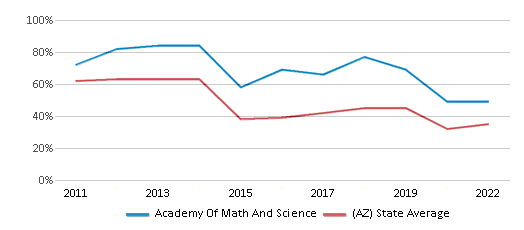
Reading/Language Arts Test Scores (% Proficient)
53%
40%
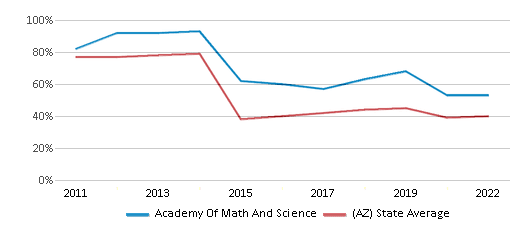
Science Test Scores (% Proficient)
40-44%
24%
Student : Teacher Ratio
n/a
17:1
American Indian
2%
5%
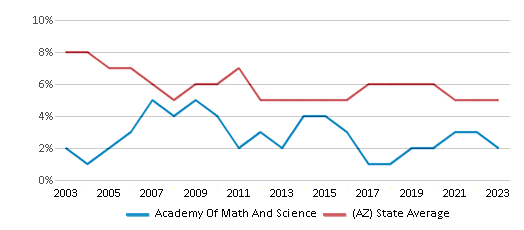
Asian
1%
3%
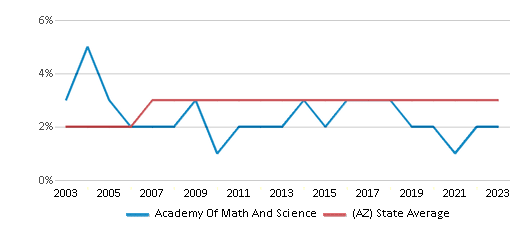
Hispanic
80%
48%
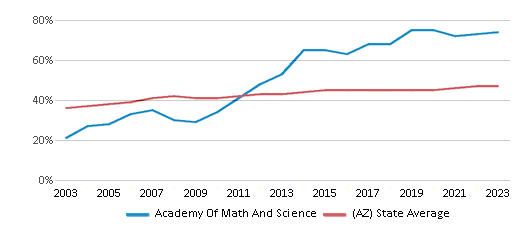
Black
6%
6%
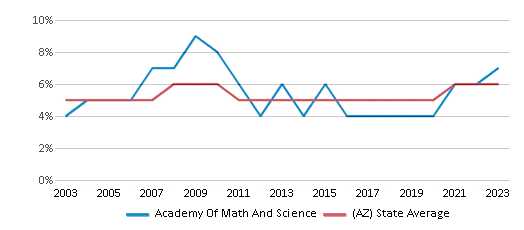
White
11%
34%
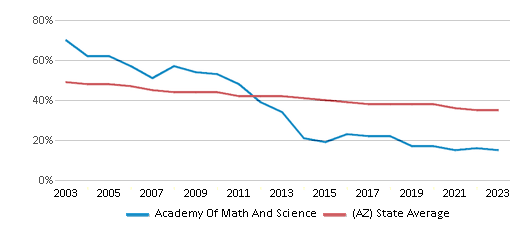
Hawaiian
n/a
n/a
Two or more races
n/a
4%
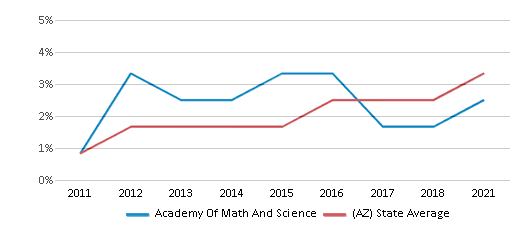
All Ethnic Groups
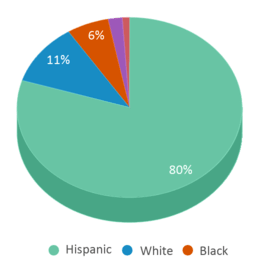
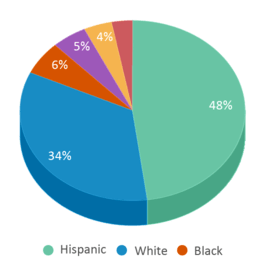
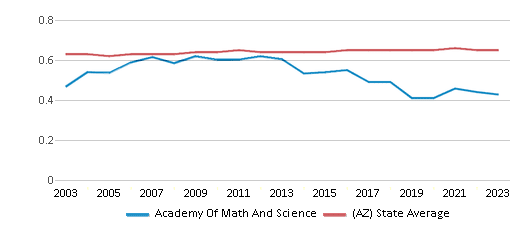
Graduation Rate
(12-13)≥50%
76%
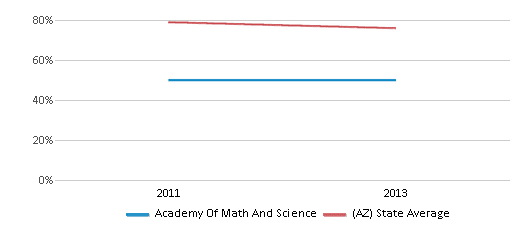
Eligible for Free Lunch
44%
40%
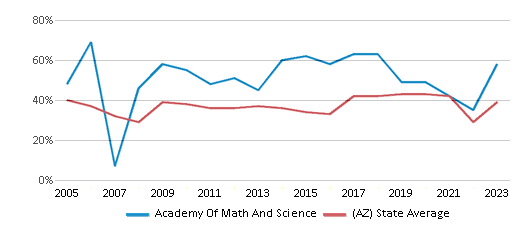
Eligible for Reduced Lunch
10%
10%
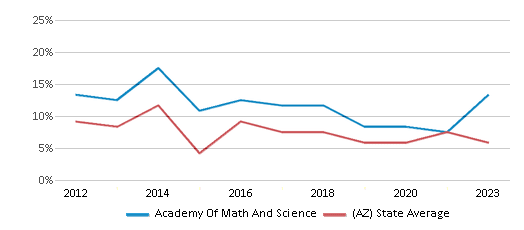
School Statewide Testing
School District Name
Source: National Center for Education Statistics (NCES), AZ Dept. of Education
Profile last updated: 02/09/2025
Frequently Asked Questions
What is Academy Of Math And Science's ranking?
Academy Of Math And Science is ranked #428 out of 1,956 schools, which ranks it among the top 30% of public schools in Arizona.
What schools are Academy Of Math And Science often compared to?
Academy Of Math And Scienceis often viewed alongside schools like Leman Academy Of Excellence by visitors of our site.
What percent of students have achieved state testing proficiency in math and reading?
49% of students have achieved math proficiency (compared to the 35% AZ state average), while 53% of students have achieved reading proficiency (compared to the 40% AZ state average).
What is the graduation rate of Academy Of Math And Science?
The graduation rate of Academy Of Math And Science is 50%, which is lower than the Arizona state average of 76%.
How many students attend Academy Of Math And Science?
607 students attend Academy Of Math And Science.
What is the racial composition of the student body?
80% of Academy Of Math And Science students are Hispanic, 11% of students are White, 6% of students are Black, 2% of students are American Indian, and 1% of students are Asian.
What grades does Academy Of Math And Science offer ?
Academy Of Math And Science offers enrollment in grades Kindergarten-12
What school district is Academy Of Math And Science part of?
Academy Of Math And Science is part of Academy Of Mathematics And Science Inc. (79961) School District.
In what neighborhood is Academy Of Math And Science located?
Academy Of Math And Science is located in the Flowing Wells neighborhood of Tucson, AZ. There are 6 other public schools located in Flowing Wells.
School Reviews
5 9/1/2011
My grandson is starting his second year at AMS. He was in kindergarten last year (although he did a lot of first-grade work in reading and math), and again I expect that he will work above grade level. I was extremely pleased with the progress he made during this year. He was not reading at all when he entered AMS, but after a year, he is now reading books such as "Treasure Island" that are well above the first-grade level. He is also doing very well in math, and is making great progress in understanding concepts as well as doing the necessary drill work in the basics. As a scientist/educator myself (I am Prof. Emeritus at the Univ. of Arizona), I am convinced that my grandson's progress is due to the excellence of the curriculum and the quality of the teachers at AMS. The teachers are quite flexible and allow each student to progress as rapidly as their abilities will permit. AMS has music and art classes and multiple after school learning activities for students. The students are ethnically diverse, and the parents are supportive of school activities. I look forward to my grandson having another year of exciting growth in his learning and development at this excellent school.
5 5/30/2011
My daughter was not being challenged at her previous middle school. She attended AMS for 8th grade this year. The difference in her outlook on school is astounding. She is motivated and earned straight A’s. She also won many local and state awards for writing, math and art. When considering her options for high school, she chose to stay at AMS because of the person attention she receives from the excellent teachers. She is also excited about the dual-credit classes she can take to earn college credit. On this last day of school, we both look forward to her high school career at AMS.
5 5/30/2011
I am very happy with AMS, not only because my son is safe, pampered and joyful at school, but because the academic level is above all expectations. At the end of KG ALL students in his class read books and write 5-sentences compositions. They finished the 1st grade math program in KG, so you can send them buy groceries, and they will bring you the exact change. Next year, in 1st grade they will do the 2nd grade program, and so one. Every week children have a poetry to learn. They have music twice per week, Art, PE and other electives. Every day an art or sport club is offered after school, as well as free tutoring and homework help. At the beginning I was afraid of the homework, but at the end of the year I am only happy with it: the homework process is now as natural as brushing the teethes, because it started at this early age. AMS academic teams won a lot of award on regional, state and national level. I know almost all parents in my son's class and other low elementary classes, because they are always present in field trips, school events, celebrations, and just before and after school speaking with teachers or administrators. Students have special rooms for Music, Art, Foreign languages and computer lessons, as well as playground and PE field.
Review Academy Of Math And Science. Reviews should be a few sentences in length. Please include any comments on:
- Quality of academic programs, teachers, and facilities
- Availability of music, art, sports and other extracurricular activities
Recent Articles

What Is A Charter School?
Explore the world of charter schools in this comprehensive guide. Learn about their history, how they operate, and the pros and cons of this educational innovation. Discover key facts about charter schools, including admission policies, demographics, and funding, as well as what to look for when considering a charter school for your child.

10 Reasons Why High School Sports Benefit Students
Discover the 10 compelling reasons why high school sports are beneficial for students. This comprehensive article explores how athletics enhance academic performance, foster personal growth, and develop crucial life skills. From improved fitness and time management to leadership development and community representation, learn why participating in high school sports can be a game-changer for students' overall success and well-being.

February 05, 2025
Understanding the U.S. Department of Education: Structure, Impact, and EvolutionWe explore how the Department of Education shapes American education, from its cabinet-level leadership to its impact on millions of students, written for general audiences seeking clarity on this vital institution.









